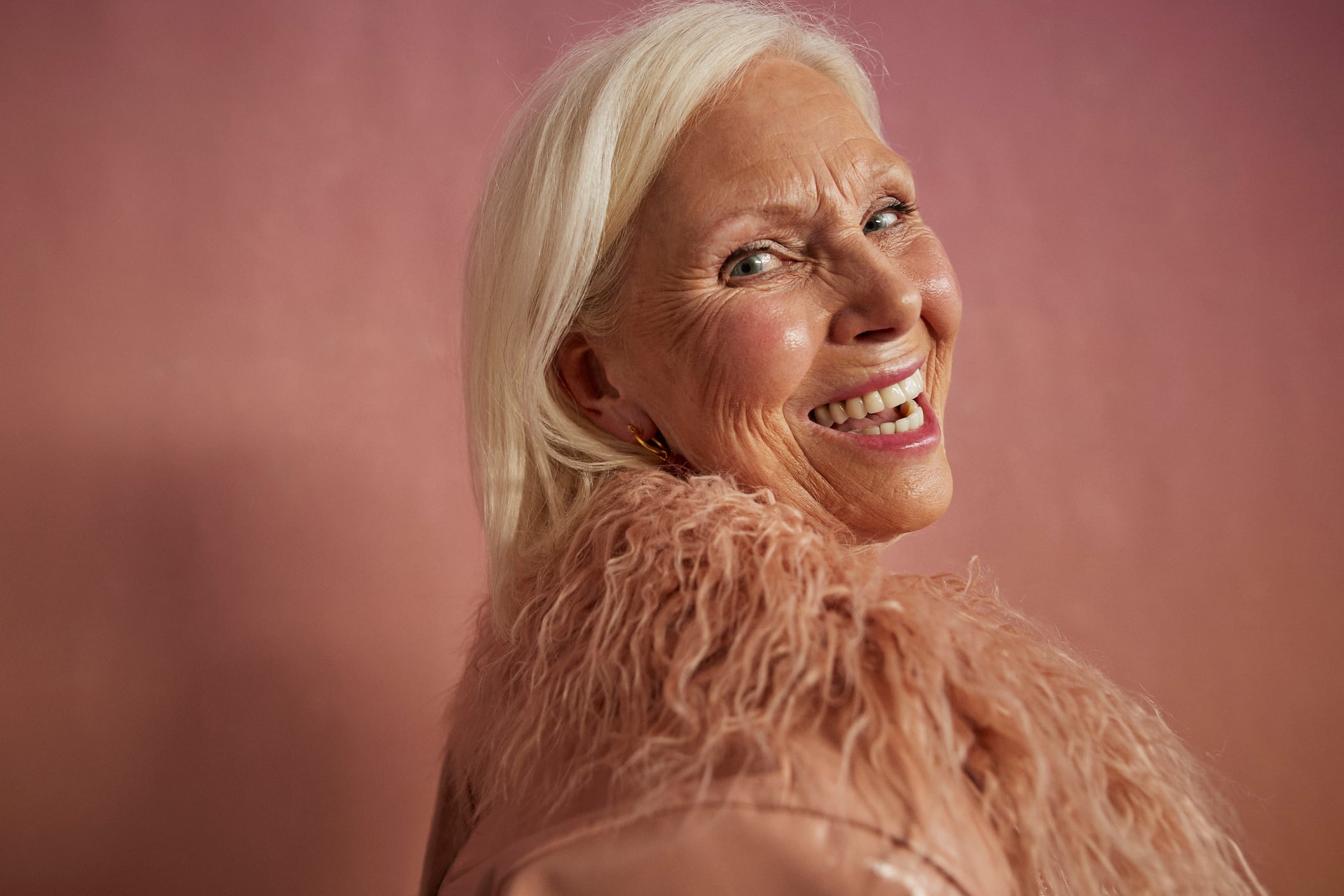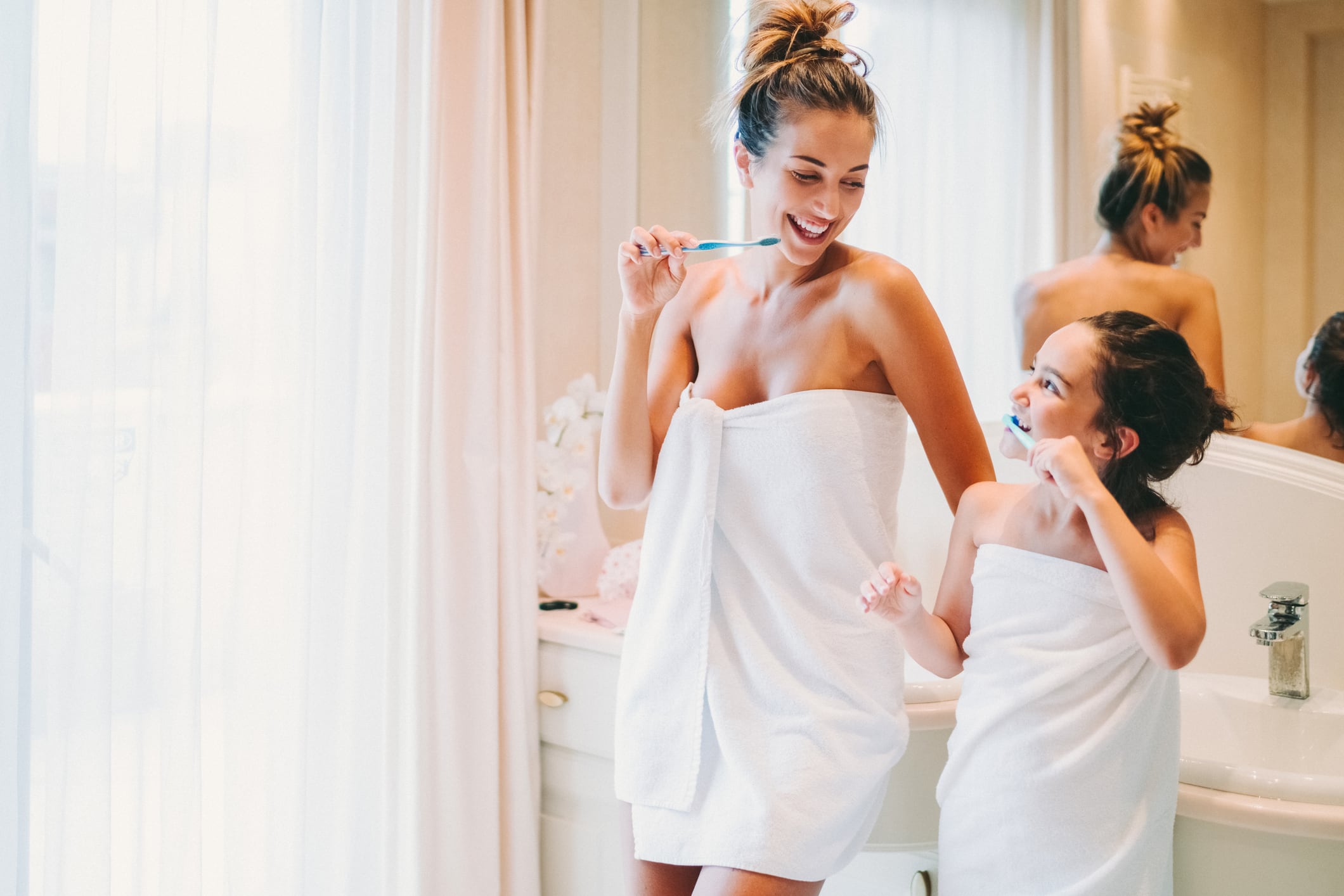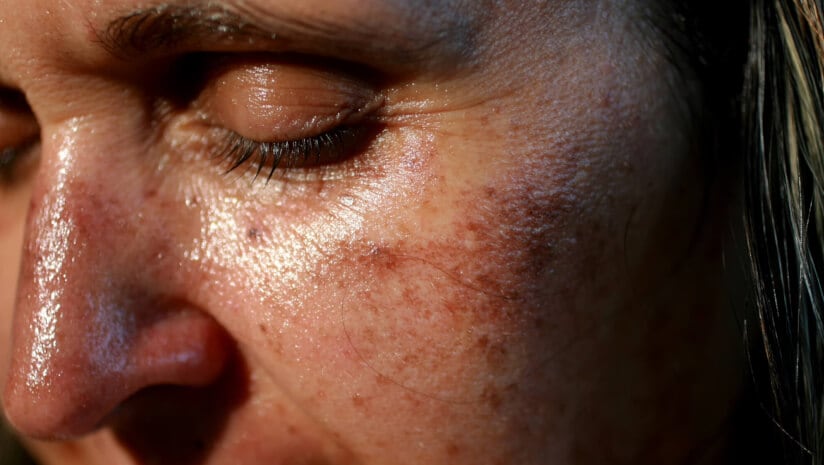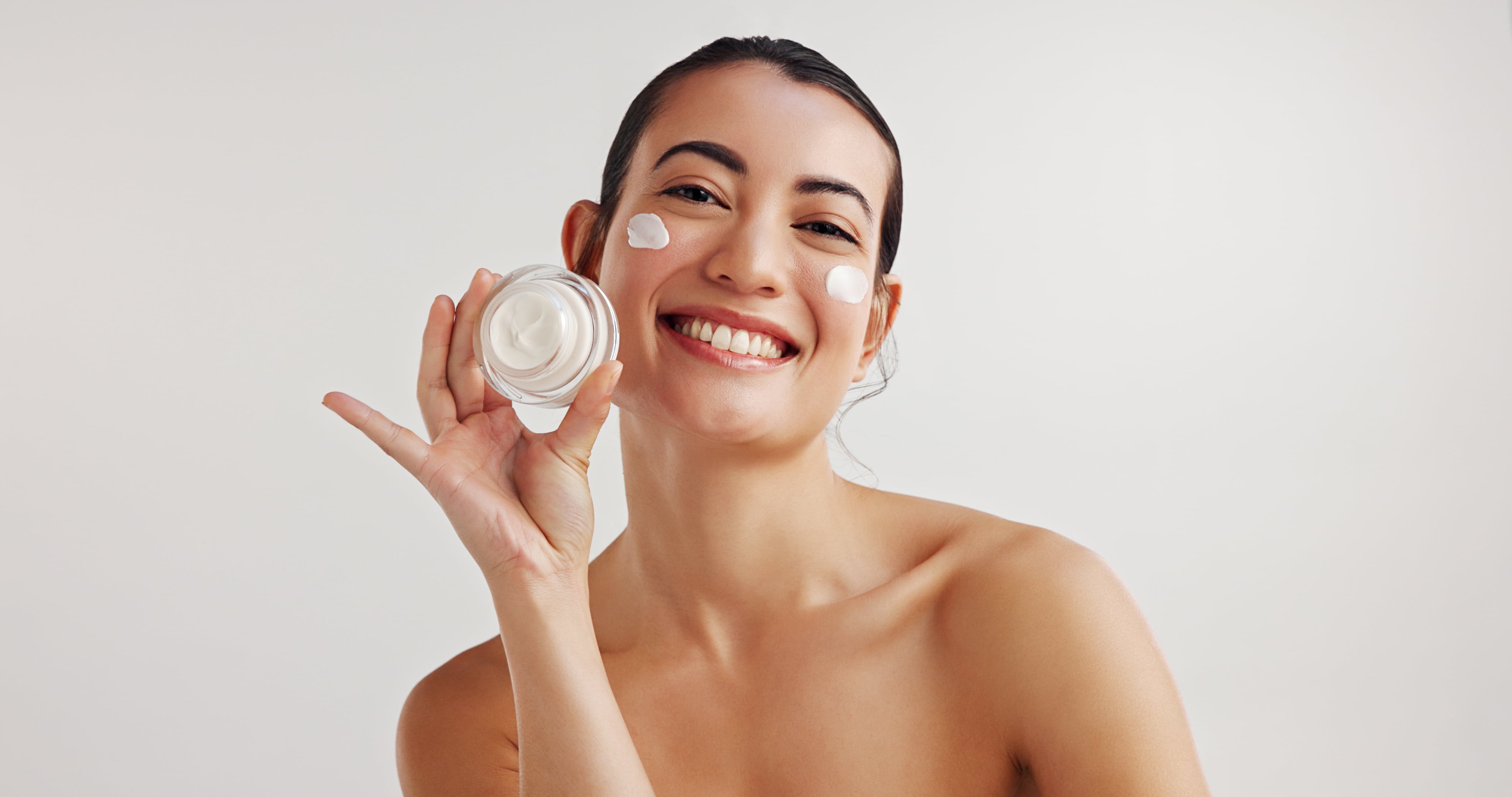Key takeaways
- New Unilever study links skin microbiome composition to visible signs of ageing.
- Individuals with younger-looking skin had more resilient microbial communities.
- Use of retinyl propionate improved skin appearance and microbiome profile.
- Findings could influence future anti-ageing skincare formulations.
Scientists at Unilever have uncovered new evidence that the bacteria living on our skin is associated with how old we look.
The research, recently published in the British Journal of Dermatology, compared individuals of the same chronological age but with visibly different ageing profiles. It found that those who experienced delayed signs of ageing had a more resilient and stable microbial community on their skin.
Microbiome resilience linked to youthful skin appearance
The study followed 30 volunteers with premature ageing and 35 with delayed ageing. Those with premature ageing were given a marketed product to use twice daily for four weeks. Skin brightness, elasticity, hydration and barrier function were all measured at baseline and again after four weeks of product use.
Researchers collected microbiome samples from the upper cheeks using a cup scrub technique. Microbial DNA was extracted and sequenced at the variable region (V1–V2) of the 16S rDNA gene for bacterial classification and analysis.
Subjects with delayed skin ageing had an abundance of Acinetobacter, while those with premature ageing had a more fragile microbiome structure.
This was the first study to specifically compare the skin microbiome of people with different visible ageing profiles but the same chronological age – suggesting that the microbiome could contribute to how old we appear.
Retinyl propionate improves skin and microbial profile
The research also revealed that applying a topical skincare product containing retinyl propionate (a retinoid used in some anti-ageing and skin-renewing products) not only improved age-related skin physiology but also shifted the microbiome to resemble that of younger-looking individuals.
“This is the first time scientists have shown that the skin microbiome could be linked to how old we appear, even among people of the same age,” said Jason Harcup, chief R&D officer for beauty & wellbeing at Unilever. “What’s particularly exciting is that we saw those with visibly younger skin had a more stable and resilient microbial community, while those who looked older had a more fragile one.”
Importantly, the study also found that using a product formulated with retinyl propionate (a retinol ester with retinol and propionic acid) not only improved visible signs of skin ageing but shifted the microbiome towards a profile more like that of younger-looking individuals.
New insights for future anti-ageing skincare innovation
“This opens up a whole new way of thinking about the role of the microbiome in skin health and ageing – particularly how we might develop future anti-ageing skincare that strengthens and supports the skin’s microbial network,” said Harcup.
The British beauty multinational Unilever has put an increased focus on holistic beauty and microbiome science in recent years. In January this year the brand spoke of its research in this sector at the annual IMCAS conference for dermatologists. The company has also recently uncovered more about the bidirectional brain-skin barrier. Its clinical study, which was published in the British Journal of Dermatology in May, found a link between skin microbiome and mental wellbeing.
Want to know more about beauty and the microbiome?
Unilever’s Jason Harcup will be joining Cosmetics Design-Europe for a special broadcast about beauty-from-within and the gut-skin-brain axis on 17 September at 4pm CET. To watch this live or later on-demand sign up here.
Source: British Journal of Dermatology
DOI: 10.1093/bjd/ljaf098
Skin microbiome as a signature of premature ageing appearance: Manipulation through by use of topical products
Yi-Ning Xu et al





